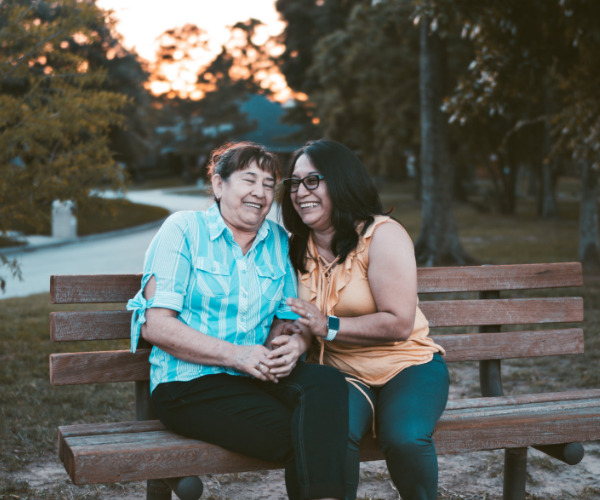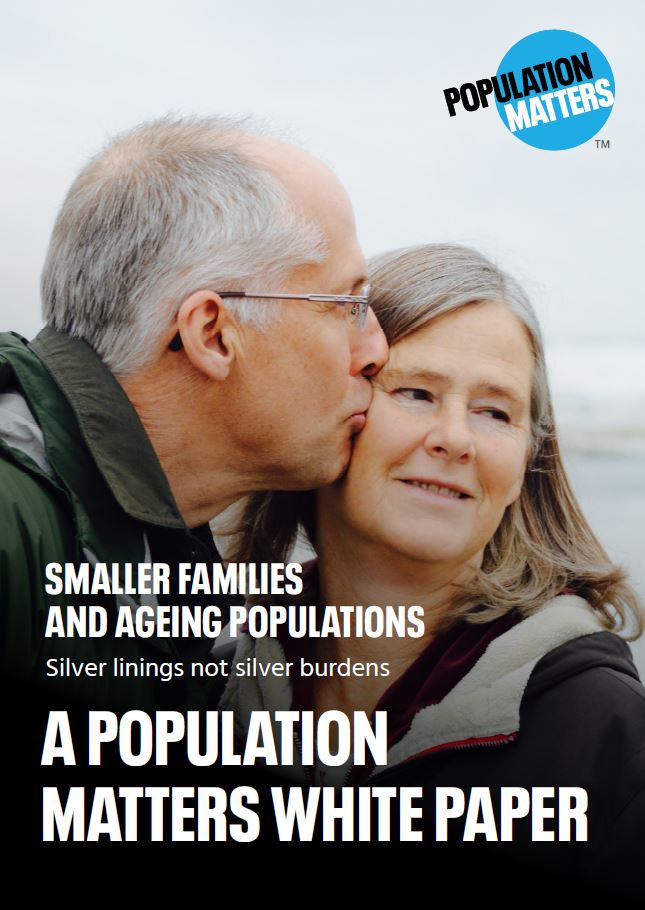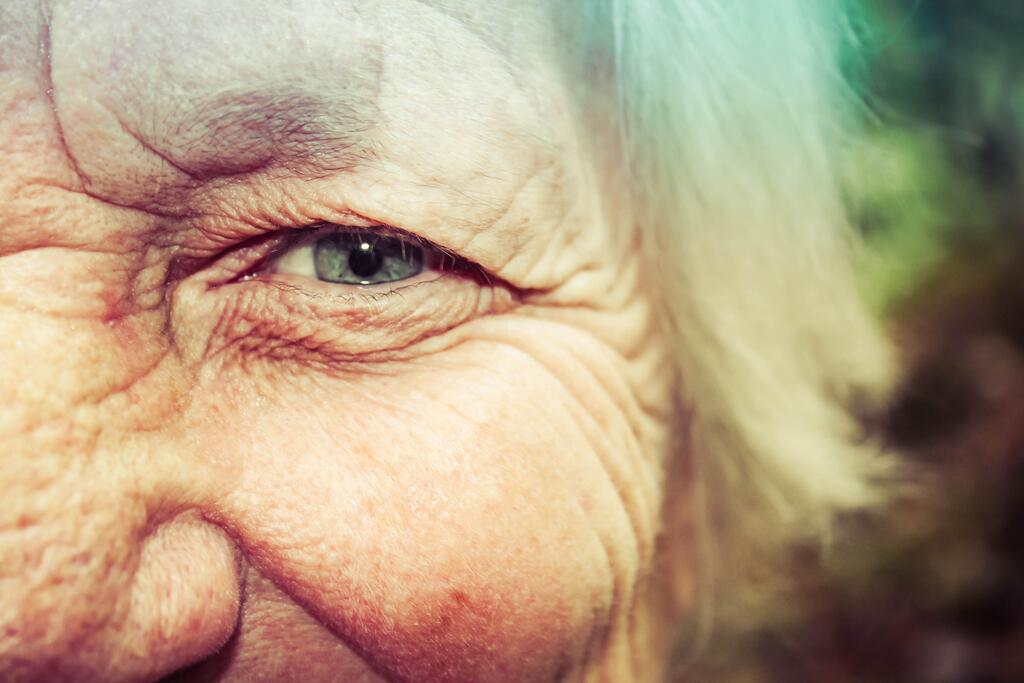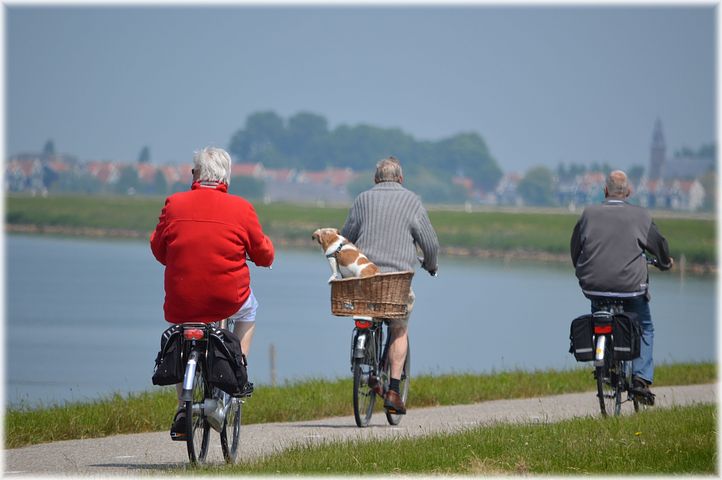
PM report exposes the ageing myth
A major new report by Population Matters busts the myth that a declining birth rate and ageing population spell economic disaster. Silver linings, not silver burdens reveals the benefits of fewer people being born, and identifies the common-sense policies that will meet the challenges of a society in which more people are older.
The new report is a significant contribution to the public debate on ageing. Headlines about “jaw-dropping crashes” in birth rate and a “silver tsunami” of old people threatening to overwhelm government budgets and leave millions of vacancies unfilled have led to calls for action to boost birth rates across the world.
The new report finds instead that falling birth rates offer multiple advantages, and the increasing number of old people is neither an imminent crisis nor an insoluble problem.
With a foreword by economist and former chair of the UK’s Climate Change Committee, Lord Adair Turner, the 30-page report – backed by more than 100 references – is available here.

Creating a wellbeing economy
The report calls for a reorientation of economic priorities, away from constant growth in Gross Domestic Product (GDP), which benefits from an expanding birth rate and growing population. It notes that GDP places no value on the natural world and on human activities which don’t involve economic transactions.
While it’s right for poorer countries to grow their economies as part of the process of escaping poverty, in richer countries that growth in production and consumption is a key driver of our environmental crisis.
Transitioning to a wellbeing economy would not only ensure that quality of humans’ lives and protection of the natural world are the drivers of all economic activity, it would also help us to recognise the value of investing in older people.
The solutions
That does not mean that policies to address our ageing populations are not available now. The solutions are already understood and can be implemented by governments in the time scale needed. One of the report’s reiterated points is that with 130 million births a year and population projected to keep growing until the second half of this century at least, there will be no shortage of people. At the same time, the transition to an older society is happening slowly.
Half the world’s population is under 30.
The report’s findings include:
- The gap between supply and demand for labour in developed economies is likely to be lower than anticipated, due to continued population growth, enhanced productivity, and automation replacing existing jobs. Meanwhile, there are more than 200 million people unemployed, and labour force participation (people in work or looking for work) is only 49% for women. Investment in education and gender equality will help prepare people for work, and realise their potential.
- With more than 750 million people willing to move from their countries to others, migration of workers across borders can help address shortage of labour in some circumstances, as well as boosting tax revenues and pension funds. The report cautions that migration is not a magic bullet: it can have negative effects on both source and destination countries, and that where it is used to secure workers willing to accept low wages, it may perpetuate economic injustices. However, countries should base their immigration policies on careful consideration of the benefits and potential disadvantages, not political expediency or populist rhetoric, and recognise the value it can bring.
- Health improvements in developed countries have been so significant that in the UK, for example, a man of 70 can now expect the same number of years of life as a man of 65 would have had in 1997. People are able to work productively for longer, and still enjoy long retirements, and phased increases in retirement age will play a significant part in both addressing any labour shortages and helping to increase revenue for governments and investment in pensions.


Meeting the costs
The report finds that the economic value of older people is hardly recognised in discussions on the issue. In 2016/17 (the most recent estimate available), Age UK calculated that people over 65 contributed around £160 billion to the economy, including through paid work, volunteering and caring for grandchildren while the middle generation went to work (estimated to be worth £7.7 billion to the UK economy).
Despite this, the “old age dependency ratio” which is often used as an indicator of the problem, treats all people over 65 as economically unproductive, and takes no account of the economic costs of children, who are truly economically dependent. As birth rates fall, their cost to the economy is reduced.
The number of over-65s in work in the UK increased by 188 percent between 1999 and 2019.
Office for National Statistics
The report also concludes:
- Pension reform can significantly reduce the fiscal burden. It has already begun in most high-income countries, but must continue, reflecting the particular challenges each faces. Investment in pensions (before the COVID 19 crisis) was increasing in OECD countries, building a bigger pot to draw on. Increases in the pensions “burden” will in any case be slow, however.
In the EU, it is estimated that the average increase in pension expenditure as a percentage of GDP over the next 40 years will be less than 0.2% per year.
- Immigration has been shown to reduce the “dependency ratio”. The net economic benefit of a working migrant in the US has been calculated to be $173,000 over their lifetimes. However, immigrants themselves become old, so the long term implications of immigration policies must be carefully considered.
- The Office for National Statistics in the UK states that increasing the economic contribution and productivity of older people has a greater positive effect than migration.
- The overall impact of ageing alone on health budgets is relatively low and will take place gradually. It has been calculated that ageing alone will add just 1% to per capita health care expenditure over the next 40 years.
- Investment in preventative health is currently too low, but if properly financed, it can both reduce associated health care costs and boost productivity of older workers significantly.
- Polls in the UK consistently show that people are willing to pay more tax to support health and social care. Although politicians are often reluctant to do so, equitable and targeted tax rises to meet additional cost are viable policy options, likely to be accepted by the public if managed appropriately.
Two 2019 polls asking slightly different questions found three-quarters and two-thirds of people in support of paying more tax. In August 2021, two-thirds backed a national insurance hike.
The way forward
The report concludes:
An ageing world is not at all as grave a problem as the headlines would have us believe, and it is certainly solvable. We already have all the tools we need and we can use them under any economic system, including the current one. A reorientation of economic priorities towards wellbeing and sustainability would, nevertheless, help us to recognise the true human value of this enterprise. Getting old in health and security is a privilege, and one we hope we and our children and grandchildren will all get to do on a healthy planet. Let’s ensure it.



